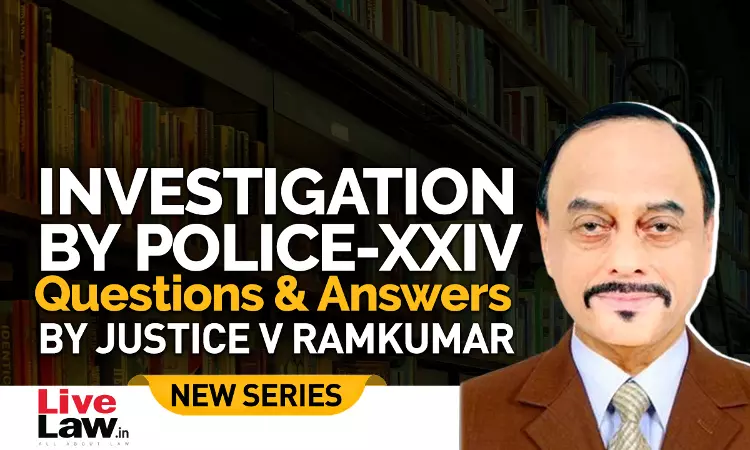Questions & Answers By Justice V. Ramkumar- Investigation By Police- PART XXIV
Justice V. Ramkumar
24 Jan 2023 1:52 PM IST

Next Story
24 Jan 2023 1:52 PM IST
Q.116 What is the procedure to be followed by the Court for summary trial of an offence ?Ans. The procedure for summary trial is the same procedure to be resorted to for Summons trial with the following changes :-a) Magistrate can resort to summary procedures for Trial in respect of the 9 categories of offences enumerated under Section 260 (1) Cr.P.C.b) A Special Summons in Form 30 of the...
